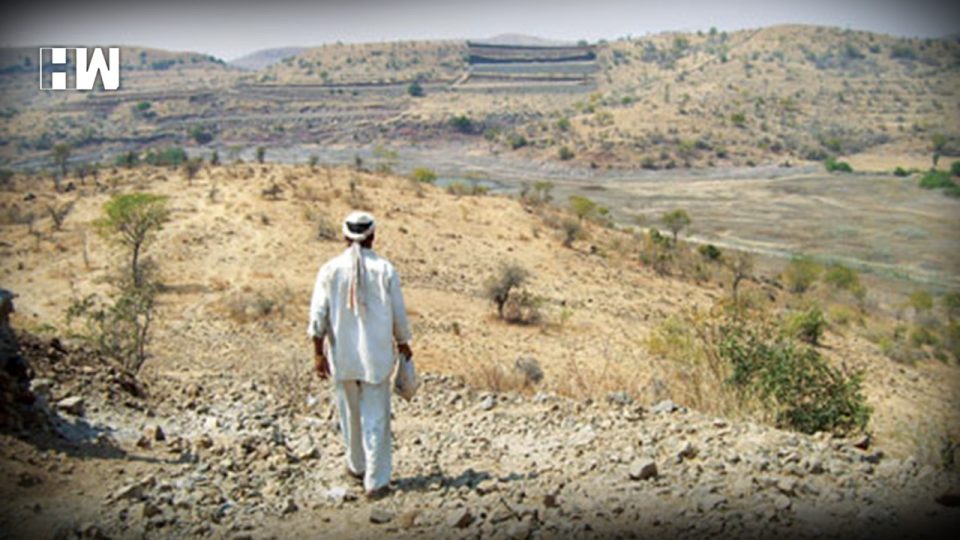The dams in these division are Paithan, Manjara, Majalgaon, Yeldari, Siddeshwar, Lower Terna, Sina Kolegaon and Lower Dhudna, all of which have zero storage at the moment, the department informed.
The storage in these dams in May last year was 34.95 percent in Paithan, 21.24 percent in Manjara, 17.5 percent in Majalgaon and 52.03 percent in Lower Terna.
Other dams that have hit the zero storage level as on May 18 are Kadakpurna and Pentakli in Buldhana, Gosikhurd, Dina and Nand in Nagpur Division, Upper Tapi Hathnur in Jalgaon, Waki, Bham, Bhavli and Punegaon in Nashik Division, Dibhe, Ghod, Pimpalgaon Joge, Wadaj and Temghar in Pune, Bhima, Kundali Tata and Lonavala Tata in Solapur, it informed.
Meanwhile, Tisgaon dam in Nashik and Totladoh in Nagpur have 0.01 and 0.08 percent water respectively. It said water storage in the state’s 103 large, medium and small reservoirs stood at 11.84 per cent, against 23.73 percent last year.
Sanjay Lakhe Patil, a social activist, alleged that the state government’s distribution of fodder camps for cattle in the drought-affected regions was not proper.
Terming it an “animal farm” situation where only the fittest survive, Patil said, “Only the strong political leaders got cattle camps, fodder, water in their districts in large numbers, whereas drought relief should have been distributed equitably.” He added that drawing dead water stock would impact the safety of the dams.
Dead water storage refers to the water in a reservoir that cannot be drained using the dams outlets and can only be pumped out.
“There is no surface and ground water in most parts of the state. The water quality supplied through tankers is of very poor quality. This is affecting the health of children and pregnant women in the rural areas. The government was in election mode and ignored drought-relief measures. It is monitoring such work from AC offices,” he alleged.
“The Central Water Commission has issued an advisory to the Maharashtra government stating that water storage is the lowest in reservoirs here in a decade. Monsoon prediction of the IMD and Skymet is about a delayed one. It will be disastrous if there are no rains in June,” he claimed.
Patil had petitioned the Bombay High Court on drought management under the Disaster Management Act, 2005.
The state government is already under fire from the opposition Congress and Nationalist Congress Party which have claimed that it is monitoring drought from air-conditioned offices on mobile phones rather than through on-ground assessment.
Both NCP chief Sharad Pawar and Congress state unit president Ashok Chavan have been routinely attacking the Devendra Fadnavis government on the drought situation in the state.
As an independent media platform, we do not take advertisements from governments and corporate houses. It is you, our readers, who have supported us on our journey to do honest and unbiased journalism. Please contribute, so that we can continue to do the same in future.

